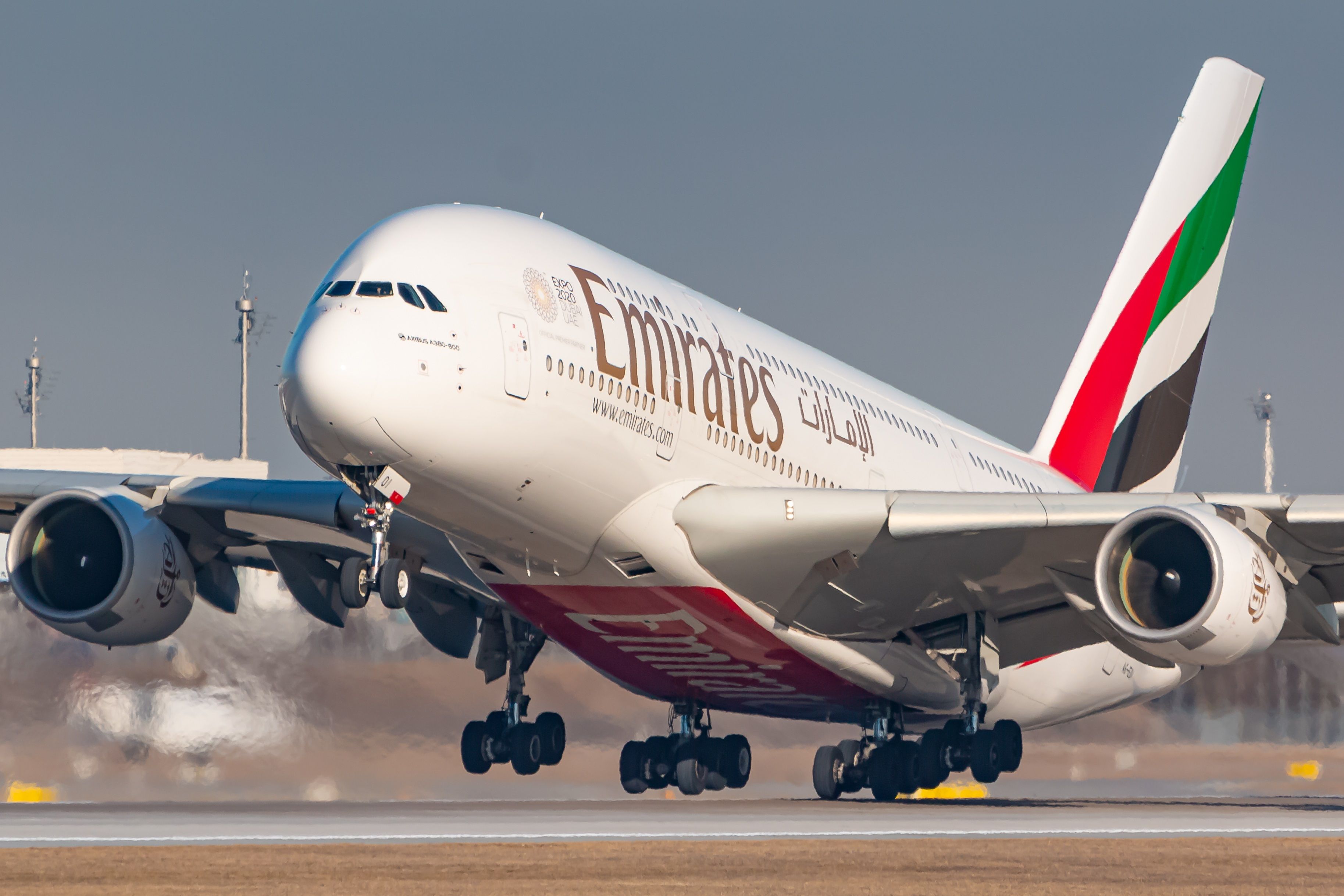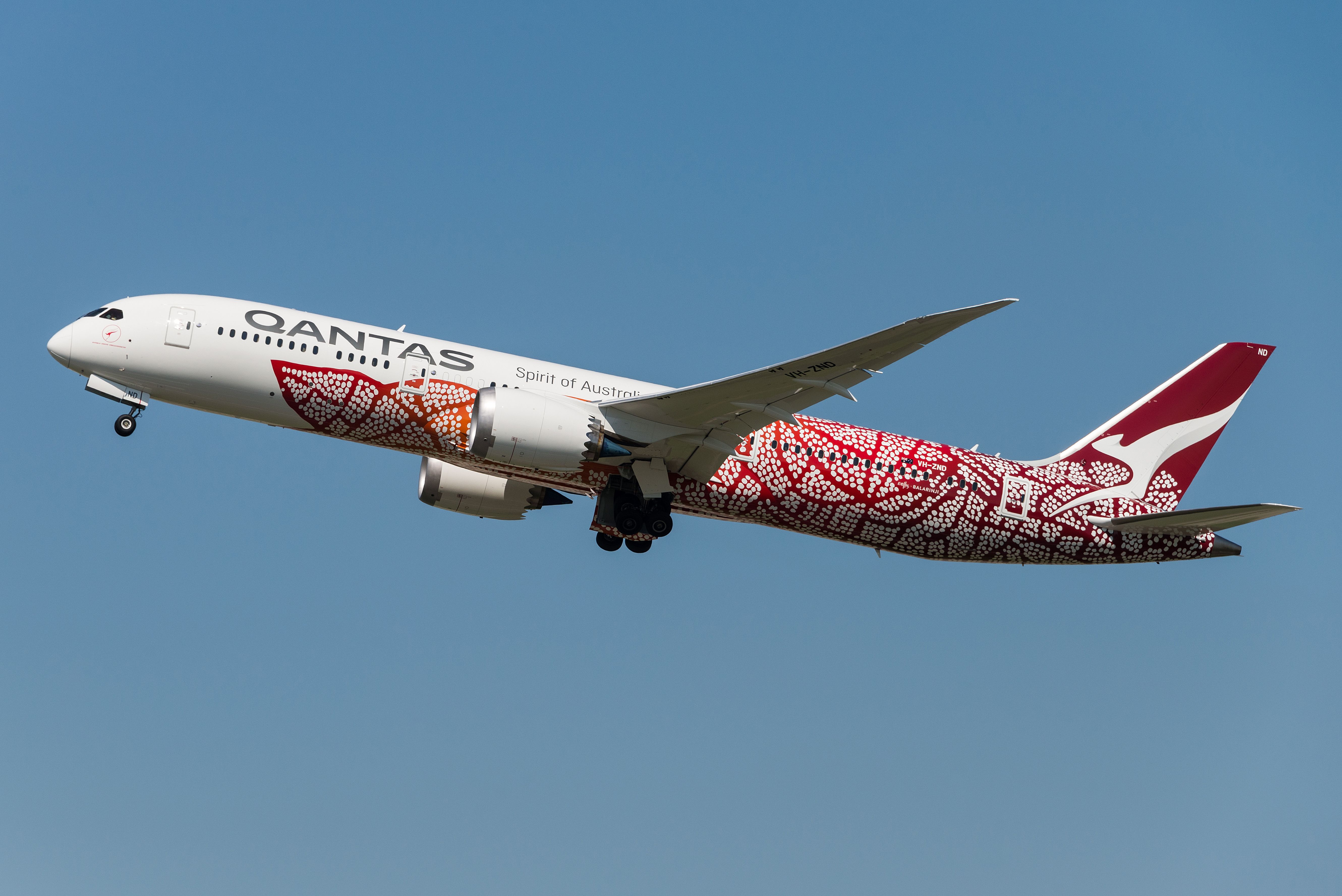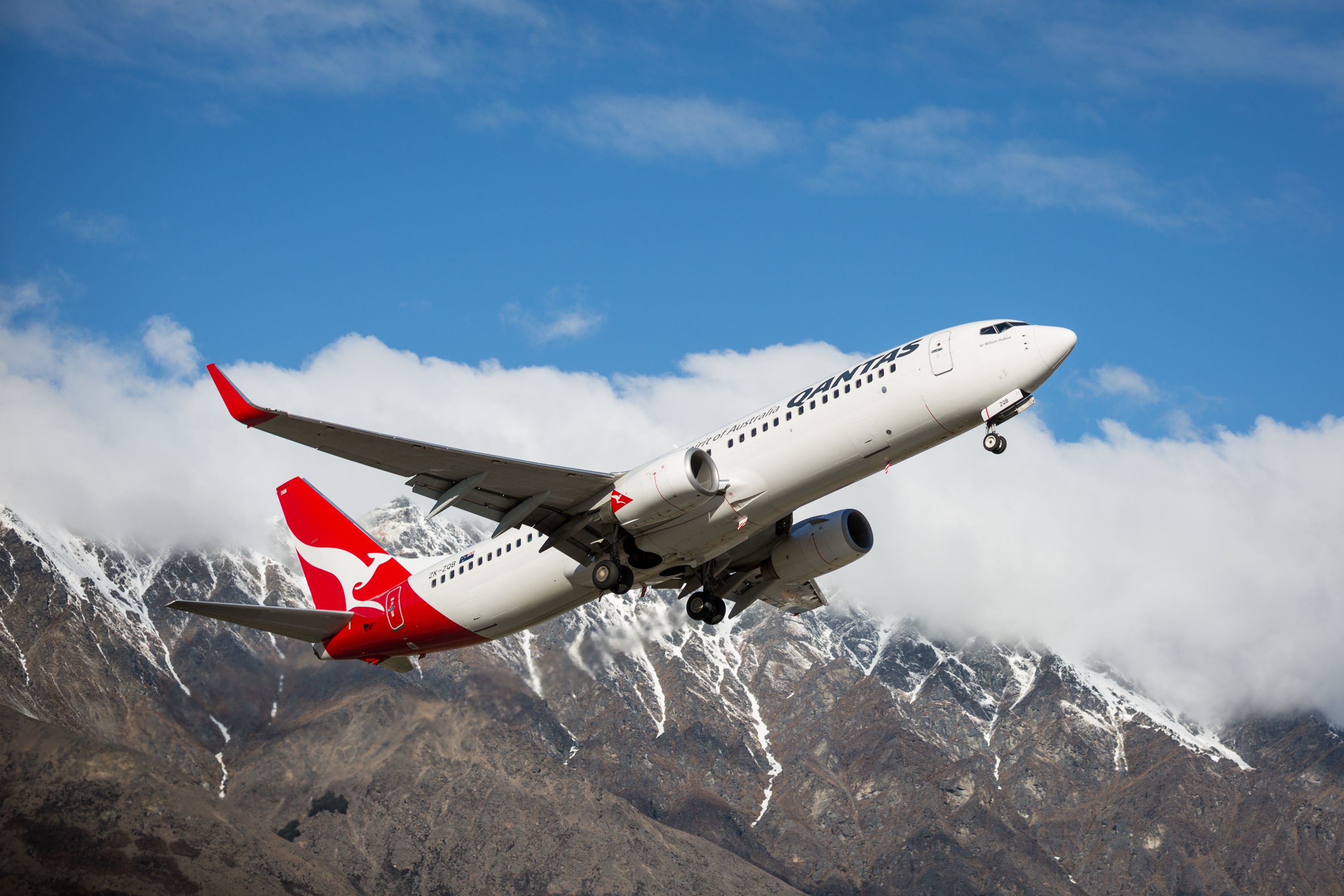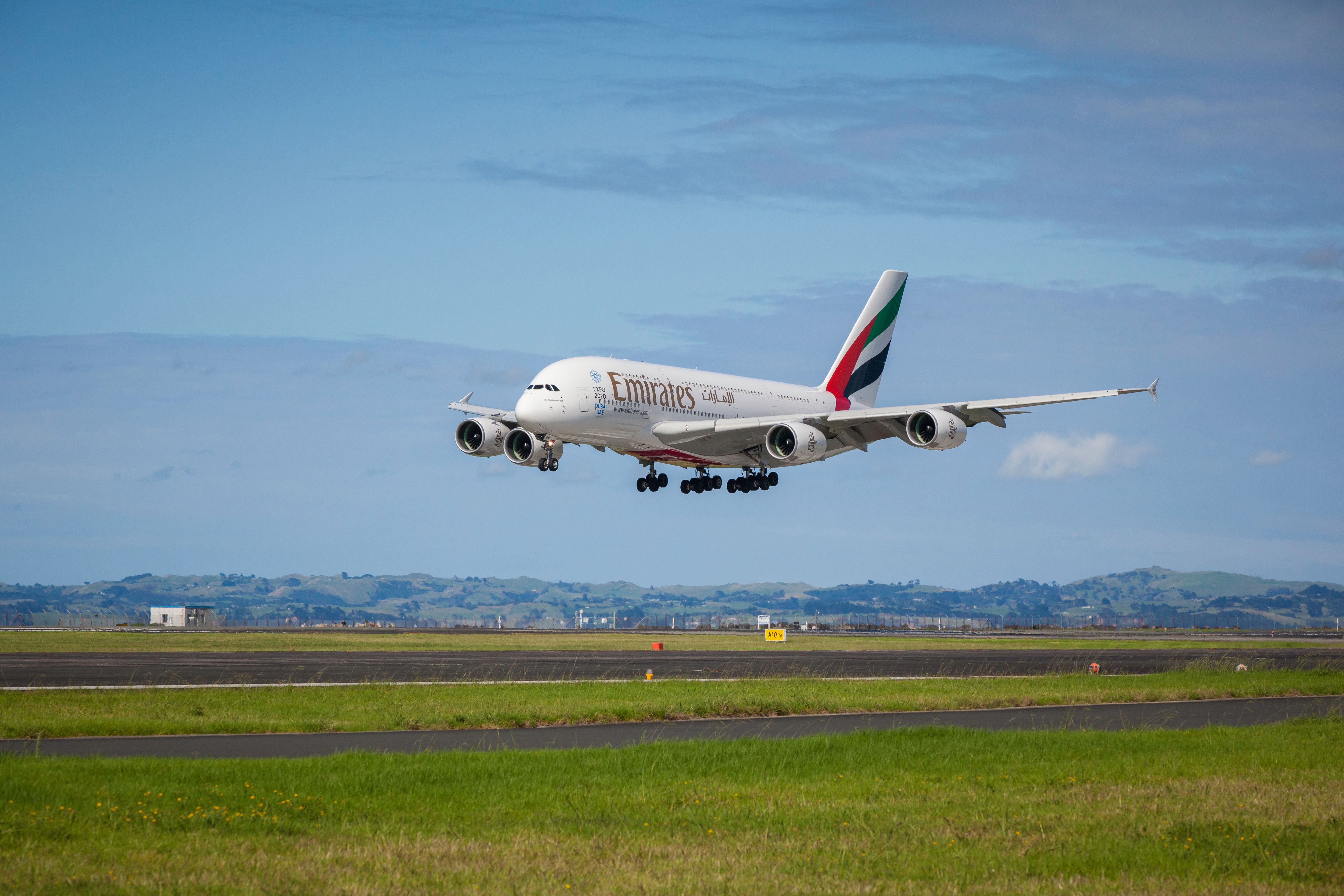Airlines like to talk about how tough the aviation business is and how they deal with daily competition from multiple sources. And while some parts of the airline business are highly competitive, it might surprise many that airlines also like to set cozy arrangements with each other when it suits them.
One such agreement is the alliance between Australia's national airline, Qantas, and Emirates, the flag carrier of the UAE. There is nothing unique in airlines making these agreements, nor is the one between Qantas and Emirates significantly different from the hundreds that already exist globally. But it has attracted the attention of competition authorities in Australia.
Who wins in these deals?
The agreement is currently under scrutiny by the Australian Competition and Consumer Commission (ACCC). It is worth highlighting what these arrangements mean for passengers and who really benefits. It is also topical as one of the regulator's concerns is the route between Sydney and Christchurch on which Emirates resumed using its A380 yesterday.
In Australia, any cooperations that threaten competition have to be sanctioned by the ACCC, and approvals are only granted for a fixed term, which is five years in the case of Emirates and Qantas.
The heart of the matter is that businesses, including airlines, need these authorizations to protect themselves from anti-competitive legal action, which suggests they are anti-competitive by nature. The ACCC approves the behavior if it believes that overall the public is better off, even if, in some aspects, that's debatable.
The two airlines first got approval to cooperate in 2013, which was renewed in 2018 and will lapse on March 31st, 2023. Last week the ACCC granted an interim authorization so the two can continue their coordination while the regulator assesses their application to extend it to March 2028.
In granting the interim approval, ACCC commissioner Anna Brakey was quick to point out that,
"The ACCC may review the interim authorisation at any time and its interim authorisation decision should not be taken as indicative of whether or not final authorisation will be granted."
Discover more aviation news for Australia and Oceania here
It's a broad agreement
What may surprise readers is the extent of these cooperation agreements and what airlines can do under their protection. The Qantas-Emirates tie-up contains fourteen specific activities they can focus on, and after studying them, it's hard to see what they can't work together on. While many benefit passengers, such as lounge access or frequent flyer programs, others that deal with pricing, capacity, and scheduling could seem decidedly uncompetitive.
For example, here is the part of the deal that sets out what Qantas and Emirates can do about setting fares and how much capacity is available in the market. It says that the applicants propose to cooperate in relation to:
- sales, marketing, advertising, promotion, distribution strategies, reservation priority, and pricing (including fares, rebates, incentives, and discounts) for passengers, freight customers, and agents
- planning, scheduling, operating, and capacity
After reading that, it seems pretty clear they can get together and work out what capacity is available on a route, which airline operates it, and how much they will charge for tickets. Without the ACCC's authorization, that would be problematic and have all the hallmarks of price fixing and lessening competition, which is why the indemnity is needed.
Trans-Tasman routes are a concern
The original authorization contained a condition relating to Australia-New Zealand services which Qantas and Emirates want removed. The ACCC expressed concern that on four routes (Sydney-Auckland, Melbourne-Auckland, Brisbane-Auckland, and Sydney-Christchurch), "Qantas and Emirates would have the incentive and ability to reduce capacity and raise airfare prices on those routes."
When the agreement was renewed in 2018, the ACCC said it was still concerned about the Sydney-Christchurch route and imposed a condition requiring the applicants to report on their operations on the four routes.
On top of that concern, Emirates yesterday reintroduced its A380 flight from Sydney to Christchurch, which the airline said is the smallest route on their A380 network. The flight is a continuation of the Emirates EK412 service from Dubai to Sydney and utilizes the A380 when it would otherwise be sitting on the ground in Sydney. With the two airlines able to set prices and capacity, it's not hard to see the anti-competitive possibility of the agreement.
For their part, Qantas/Emirates said their conduct is "inherently pro-competitive" and that "other key competitors with mid-point hubs are emerging from the period of COVID-19 related travel restrictions." As for a more permanent solution, the ACCC is preparing a draft determination on re-authorization and will allow both the applicant and interested parties to provide input before it makes a final decision.
What do you think of airlines getting together to set prices? Let us know in the comments.




